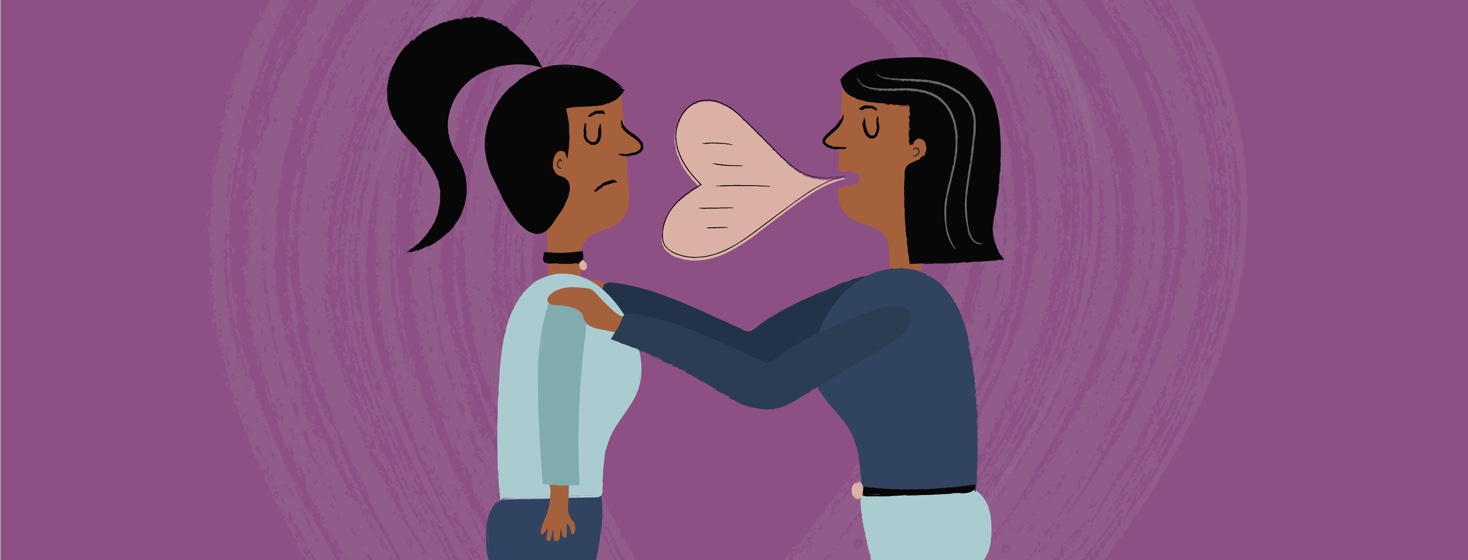Advice to My Younger Self
When I got my bladder cancer diagnosis I had no personal experience with cancer and I had just turned 29. Because I was relatively young, and because none of my friends and nobody in my immediate family had ever been diagnosed with cancer to my knowledge, I had absolutely no idea what to expect. My understanding of the disease had been culled from movies and TV shows where cancer patients were bald and wasting away, constantly hacking into a toilet before they succumbed to their illness. After my cystoscopy, when the urologist told me that my tumors were almost certainly cancerous ones, I assumed my life would follow a similar trajectory.
Suffice it to say, that's not what happened. Had I known that I wouldn't immediately die of bladder cancer when I was diagnosed, I would have saved myself a ton of anxiety and sadness. There's a lot, in fact, that I wish I would have known at the time of my diagnosis. If I could go back and talk to younger-me directly, here's just a few things I would tell myself.
1) Not all cancer is created equal
One of the biggest misconceptions I had was that “cancer” was a monolithic disease. Prior to getting it myself, I assumed everyone's cancer looked the same, progressed the same, and was treated the same way – which couldn't be further from the truth. It took me a little while to realize that the treatment for the type of cancer I had – TURBT surgery – is relatively non-invasive, at least compared to other kinds of cancers where ports, x-rays, biopsies and multiple rounds of chemotherapy are the norm. I was also surprised to learn that even among bladder cancer, the types of bladder cancer are surprisingly variable – there are different treatments for high grade versus low grade, or papillary carcinoma versus carcinoma in situ. The takeaway? Ask your doctor what the treatment and prognosis are like for your specific cancer, and try not to pay any mind to anything else.
2) Stay out of the support groups
Having support is invaluable, and learning to ask for and accept emotional support was a huge lesson I had to learn after diagnosis. But I'd also say that sometimes online cancer support groups can hurt more than they can help, and that was certainly the case with me. In my experience, people in online support groups tend to post in their time of greatest need, like after a diagnosis or immediately before and after a person's death. While I'm glad support exists for people in those predicaments, it's also probably not the best place for someone with superficial cancer (and an anxiety disorder to boot).
3) Focus on the present
Right after my diagnosis, I was wracked by both guilt and fear. If I thought about my life pre-diagnosis, I would be overcome with guilt, convinced I had caused the cancer somehow with my poor eating habits or my lack of exercise. But if I looked into the future I felt queasy with anxiety – how much of a future would I be allowed, anyway? It wasn't until I joined an outpatient treatment center that I learned how crucial it was to stay anchored in the present – the only place where I had any real power or influence over at all.
There isn't much I'd change about my cancer journey, but knowing those three things ahead of time might have saved me some grief along the way.

Join the conversation